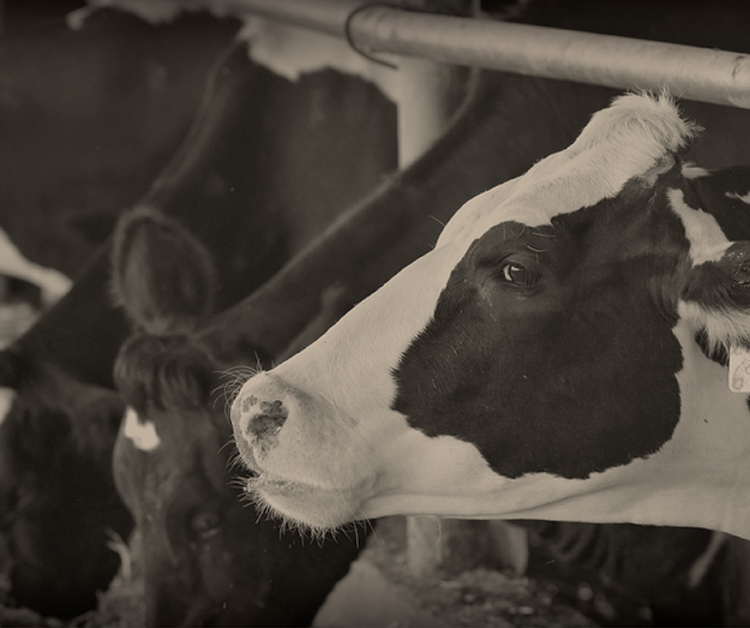According to Dr. Robert L. Rust, DVM and technical service veterinarian with Huvepharma®, most of the causative agents of mastitis can be classified into two groups, contagious or environmental.
“Environmental pathogens are found in the herd’s everyday environment and are greatly influenced by management and husbandry practices,” he says. “This group of organisms includes Streptococcus, Staphylococcus and coliforms such as E. coli and Klebsiella.”
Other common environmental pathogens include Pseudomonas, Proteus and Serratia species.
Contagious pathogens such as Streptococcus agalactiae, Staphylococcus aureus and Mycoplasma pose the risk of being passed from the infected udder of one cow to the healthy udder of another.
“Strict hygiene and cleaning of milking equipment can help lead to decreases in these pathogens,” says Rust.

Across the spectrum of milk submissions from a routine diagnostic lab, samples tend to fall into three categories. Typically, one third of the samples will test positive for Gram-negative bacteria, one third will be Gram-positive and one third will have no growth, he explains.
“While there are several effective mastitis vaccines on the market today that control Gram-negative environmental organisms, such as E. coli and Klebsiella, much work is needed to develop treatments that address contagious pathogens,” Rust says. “KlebVax™ SRP, the first vaccine licensed for mastitis infections caused by Klebsiella spp. is one example of a preventative management tool currently available.”
“Working with your veterinarian and animal health provider are key to determining the right treatment protocol.” he adds.
To learn more about Klebsiella mastitis and KLEBVax™ SRP, visit https://www.agrilabs.com/products/klebvaxsrp.



